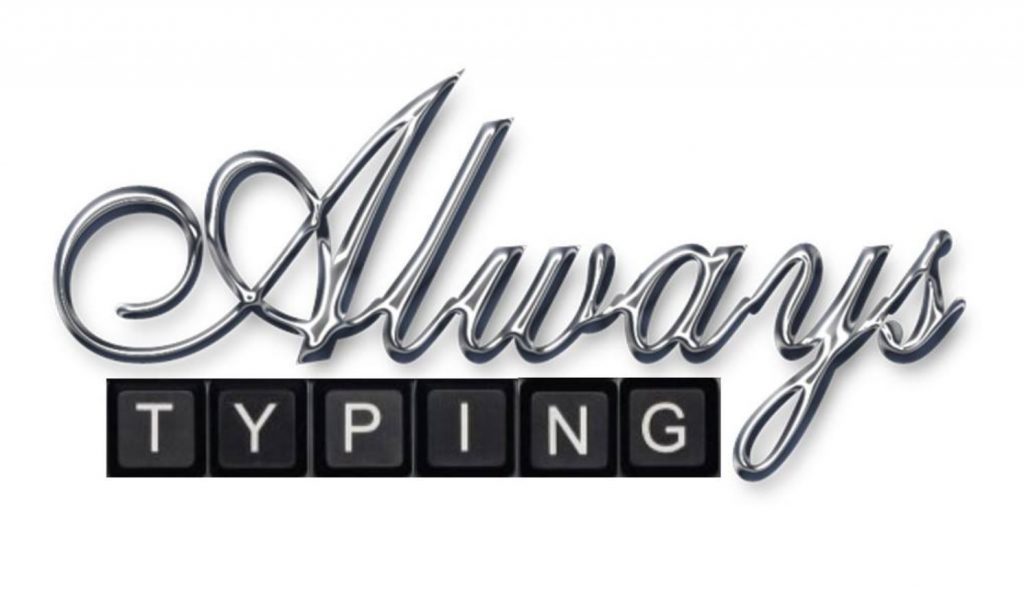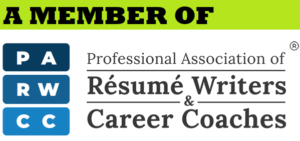When it comes to navigating the job search landscape, one universal truth stands tall: showcasing your skills that align with the job is essential. While you meticulously curate your list of hard skills, drawn from your experience and education, there’s a dimension that holds the potential to elevate your resume and secure that coveted interview—soft skills.
The distinction between hard skills and soft skills often swirls in the world of resume writing. But what lies beneath these terms? How can you harness the might of soft skills to stand out and secure that crucial interview opportunity?
Table of Contents
ToggleDecoding Hard Skills and Soft Skills
Your abilities honed through experience and education constitute hard skills. From conducting competitor analysis to coding new software, hard skills encompass measurable competencies. These skills boast quantifiable achievements tagged with numbers, currency symbols, or percentages.
On the other hand, soft skills don’t spring from textbooks or workplaces. They mirror personality traits that enhance your professional prowess. Unlike their hard counterparts, soft skills are immeasurable and qualitative in nature.
Navigating the Divide: Examples of Hard and Soft Skills
Imagine a registered nurse proficiently administering an IV—that’s a hard skill. Conversely, when the same nurse compassionately educates patients about recovery expectations, that’s a soft skill. Your resume, LinkedIn profile, cover letter, and interview responses should seamlessly blend both hard and soft skills.
The Ripple Effect of Soft Skills
In today’s dynamic work culture, organizational ethos plays a pivotal role. Soft skills, particularly those tied to communication, social interaction, and emotional intelligence, hold tremendous sway. Employers seek candidates who mesh seamlessly with their team’s dynamics and cultural fabric.
High emotional intelligence, a prized soft skill, is especially sought-after in leaders. Traits like flexibility, adaptability, empathy, self-management, and problem-solving reflect this intelligence, shaping a harmonious work environment.
Flexibility and Adaptability: Navigating Changing Tides
In an era where change is the new constant, adaptability and flexibility have emerged as coveted soft skills. The ability to navigate shifting landscapes has become pivotal for professionals.
Empathy: The Bridge to Productive Collaboration
The foundation of productive collaborations lies in empathy—a skill that fosters understanding and rapport. The more effectively you connect with your peers, the higher your productivity soars.
Self-Management: Cultivating Accountability and Efficiency
Self-management envelops a spectrum of attributes like accountability, transparency, time management, and organization. Displaying your capability to manage your own time effectively underscores your productivity and goal achievement.
Problem-Solving: Illuminating the Path to Innovation
Employers value those who can autonomously identify issues and devise solutions. Soft skills in problem-solving allow you to approach situations with fresh perspectives, enhancing processes and driving innovation.
Soft Skills: The Universal Equalizer
Soft skills are pertinent whether you’re stepping into your first role or boasting years of experience. A blend of soft skills can set you apart from the competition, showcasing your fit for the company and team.
Consider this scenario: Every nurse is skilled in vital sign measurement. But if you’re the nurse who also possesses the ability to comfort needle-phobic patients, you’ve gained a competitive edge by showcasing a soft skill that resonates with a personal touch.
Unearthing the Most Valued Soft Skills
The importance of specific soft skills varies from job to job. A glance at the job description offers insights into the crucial skills employers are seeking.
For example, here are some qualifications you might find for a Collections Agent position listing:
- Collection experience in a call center setting
- Strong Quality Assurance scores
- Excellent verbal and written communication skills
- Effective communication, negotiation, and problem-solving abilities
- Proficiency in navigating computer systems
- High School Diploma/ GED required
- Age requirement: 18 years or older
Note the emphasis on communication skills—oftentimes, the linchpin of soft skills. Different roles will necessitate distinct soft skills, such as teamwork, persuasion, leadership, collaboration, and conflict resolution.
Elevating Soft Skills: The Path to Enhancement
While soft skills are inherently part of your personality, you can certainly enhance them:
- Practice: Set personal goals and practice skills that need improvement, like time management.
- Seek Feedback: Solicit feedback from trusted individuals on your handling of various situations.
- Take Courses: Online platforms like Coursera, Udemy, and LinkedIn Learning offer courses to bolster skills like creative thinking and teamwork.
Emboldening Your Resume with Soft Skills
Applicant Tracking Systems (ATS) aren’t solely programmed to seek technical skills—they’re on the lookout for soft skills as well. Amplifying your soft skills in your resume is essential to getting past the ATS and impressing a hiring manager.
Skills Section: A Soft Skills Showcase
Incorporate soft skills into your ‘Core Competencies‘ list—a succinct display of your strengths. This section’s skimmable nature ensures it passes the 6-second test.
Summary Paragraph: Weaving Soft Skills into Your Narrative
Your summary paragraph, akin to an elevator pitch, should seamlessly weave in your soft skills. After all, your summary is your first impression—make it resonate.
Professional Experience: Infusing Soft Skills into Achievements
Whether your professional experience section uses paragraphs or bullet points, you can integrate soft skills. While hard skills thrive on numbers, soft skills thrive on qualitative achievements.
Beyond Buzzwords: Authentically Portraying Soft Skills
Steer clear of buzzwords that diminish the impact of your soft skills. Instead of stating you’re a “hard-working team player,” illustrate your dedication through actions.
Crafting a Cover Letter with Soft Skills
Today, cover letters wield increased importance. They provide a platform to convey your uniqueness and soft skills authentically.
The Culmination: Embrace Your Soft Skills Journey
As you prepare to embark on your job search, remember to compile a comprehensive list of your skills. This roster should encompass technical skills, experience, and the invaluable soft skills that make you the remarkable professional you are.
Ready to showcase your full potential? Elevate your resume with our expert assistance.
Let Always Typing's award-winning resume service help you highlight your unique soft skills and craft a winning application.
Unlock interview opportunities and make your mark in the job market.
Get started today!



